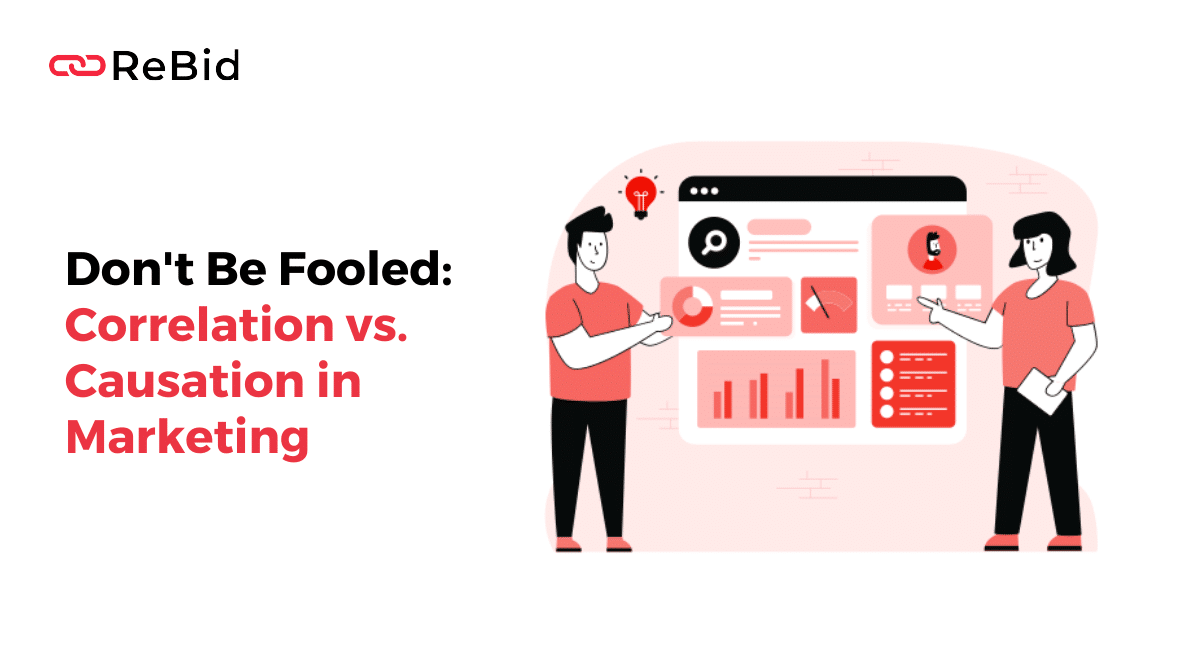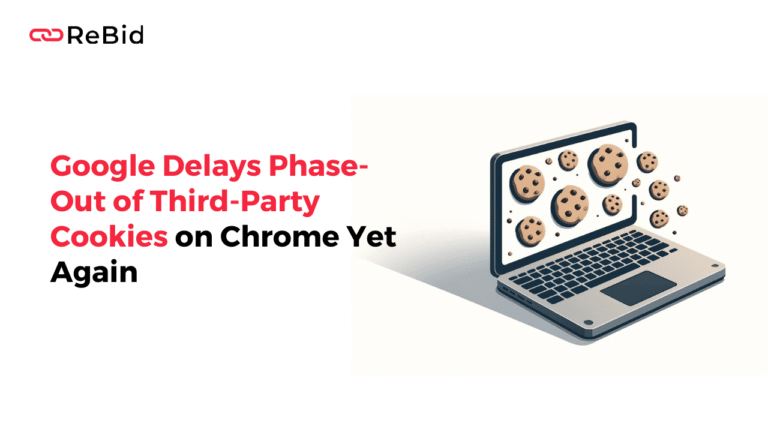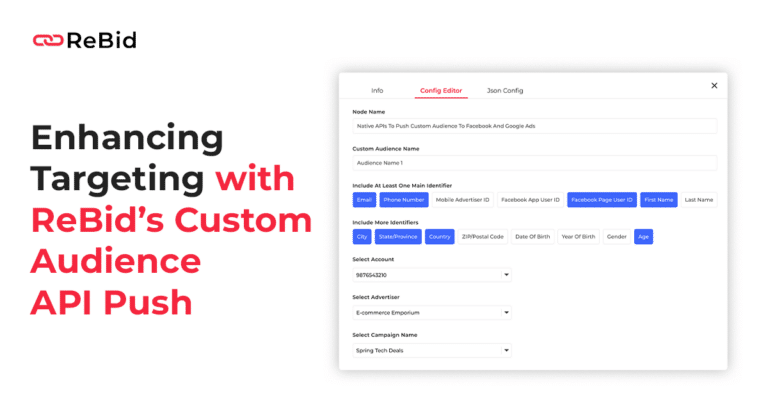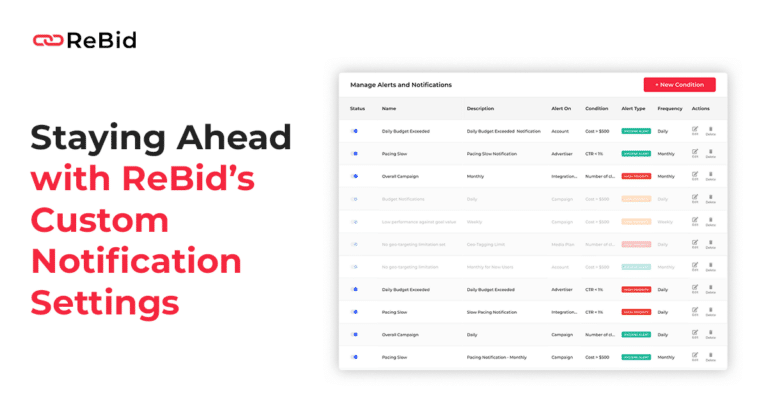The Intricate Dance of Correlation and Causation: A Guide to Causal Marketing in the Data-Driven Age
In the whirlwind of modern marketing, data reigns supreme. Marketers meticulously analyze a constant stream of information to decipher customer behavior, gauge campaign performance, and refine strategies for optimal effectiveness. However, this data-centric approach can be a double-edged sword. Misinterpreting the nuances of data, particularly the distinction between correlation and causation, can lead to costly missteps and missed opportunities.
This begs the crucial question: How can marketers leverage data effectively to unlock actionable insights and drive real results? The answer lies in understanding the delicate dance between correlation and causation.
Correlation vs. Causation: Unveiling the Meaning Behind the Numbers
Correlation, in its essence, signifies a relationship between two variables. Imagine observing a correlation between increased spending on social media advertising and a surge in website traffic. While this might seem promising, correlation doesn’t necessarily imply causation. The rise in traffic could be attributed to various factors beyond the ad spend, such as a seasonal spike in product interest or negative publicity surrounding a competitor.
Causation, on the other hand, establishes a clear cause-and-effect relationship. In the previous example, causation would suggest that the social media ad campaign directly triggered the website traffic increase. Establishing causation is undoubtedly more intricate than identifying correlation, but it yields invaluable insights for marketers.
The Power of Causation in Marketing
By comprehending causation, marketers unlock a plethora of advantages:
- Informed Decision-Making: Pinpointing marketing activities that demonstrably drive results empowers you to allocate resources more strategically. By understanding what truly works, you can optimize campaigns for maximum impact and avoid pouring resources into channels that yield minimal returns.
- Predicting Future Outcomes: Causation acts as a compass, enabling you to predict how adjustments in your marketing efforts will affect key metrics. This foresight empowers you to make data-driven decisions about future campaigns, ensuring your strategies are future-proofed and adaptable.
- Eliminating Wasteful Spending: Causation shines a light on ineffective marketing activities. By identifying channels that aren’t delivering the desired results, you can redirect resources towards more fruitful endeavors. This data-driven approach prevents you from wasting valuable budgets on channels that don’t resonate with your target audience.
Unlocking the Potential of Causal Marketing
While correlation provides a starting point for understanding trends, implementing causal marketing strategies is paramount for making decisions. Here’s a roadmap for leveraging causal marketing:
- The Power of Controlled Experiments: A/B testing and other controlled experiments are invaluable tools for isolating the impact of specific marketing variables. These experiments allow you to meticulously examine cause-and-effect relationships and determine which factors are truly driving changes in your desired outcomes.
- Leveraging Causal Inference Techniques: Statistical methodologies like causal inference act as powerful allies in data analysis. These techniques empower you to delve deeper into your data sets, drawing more accurate conclusions about cause-and-effect relationships. By employing these techniques, you can unveil hidden patterns and connections lurking beneath the surface of your data.
- Harnessing the Right Marketing Tools: Marketing analytics platforms equipped with built-in causal inference capabilities can be game-changers. These tools can extract deeper insights from your data, providing you with a clearer picture of the factors influencing customer behavior. By leveraging the analytical prowess of these platforms, you can transform raw data into actionable marketing intelligence. ReBid is one such tool.
Correlation vs. Causation: A Clear Distinction for Marketing Success
Correlation and causation are both integral concepts in the marketing world. However, for truly effective marketing strategies, fostering a deep understanding of causation is paramount. By implementing causal marketing techniques, marketers can unlock a treasure trove of insights, understand what truly drives customer behavior, and ultimately, make data-driven decisions that deliver tangible results. Causation empowers you to move beyond mere correlation and into the realm of actionable marketing strategies, ensuring your campaigns are not just correlated with success, but demonstrably cause it.
FAQs
How can I tell the difference between correlation and causation in my marketing data?
It can be challenging to distinguish between correlation and causation without proper analysis. Controlled experiments and causal inference techniques can help you establish cause-and-effect relationships.
What are some common mistakes marketers make when interpreting data?
One common mistake is mistaking correlation for causation. Another mistake is relying on small data sets or incomplete data for analysis.
What are some benefits of using causal marketing techniques?
Causal marketing helps you make better decisions about your marketing spend, predict future outcomes, and avoid wasting resources on ineffective campaigns.





